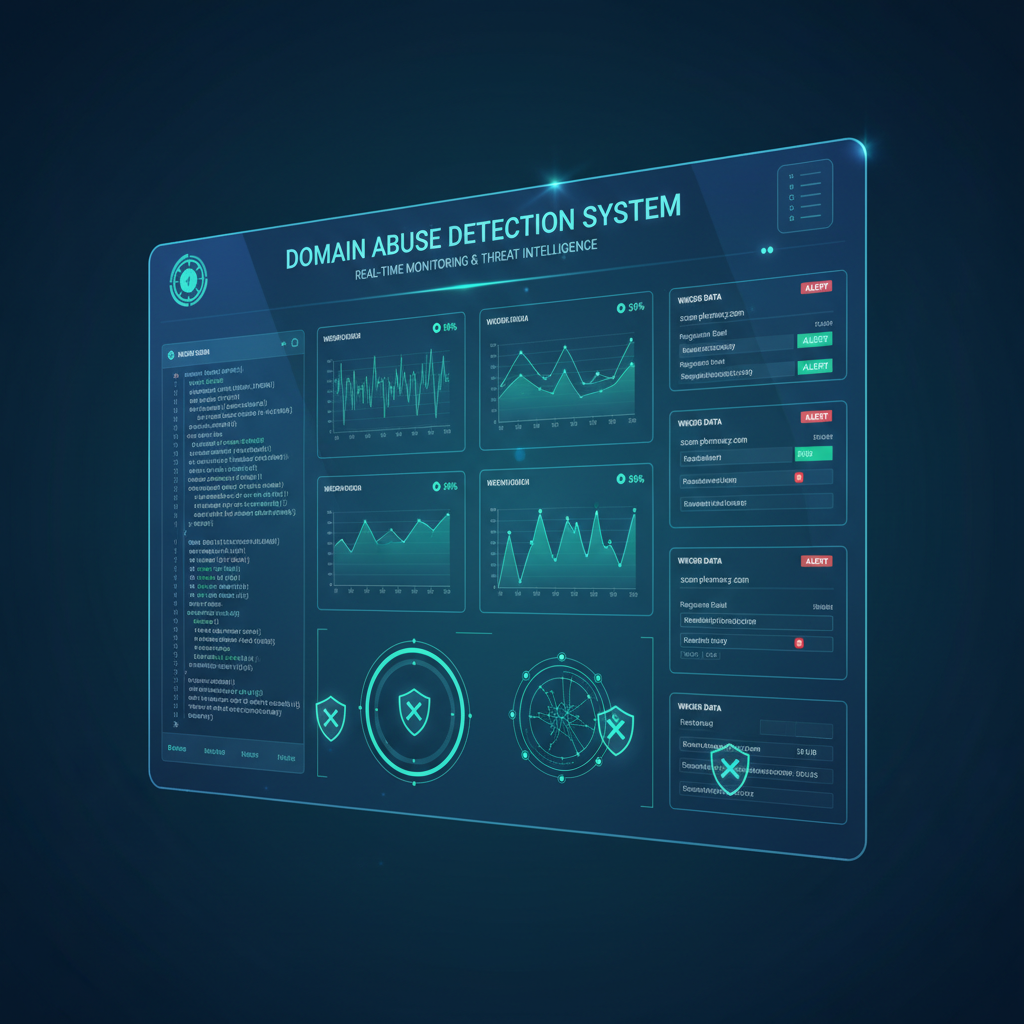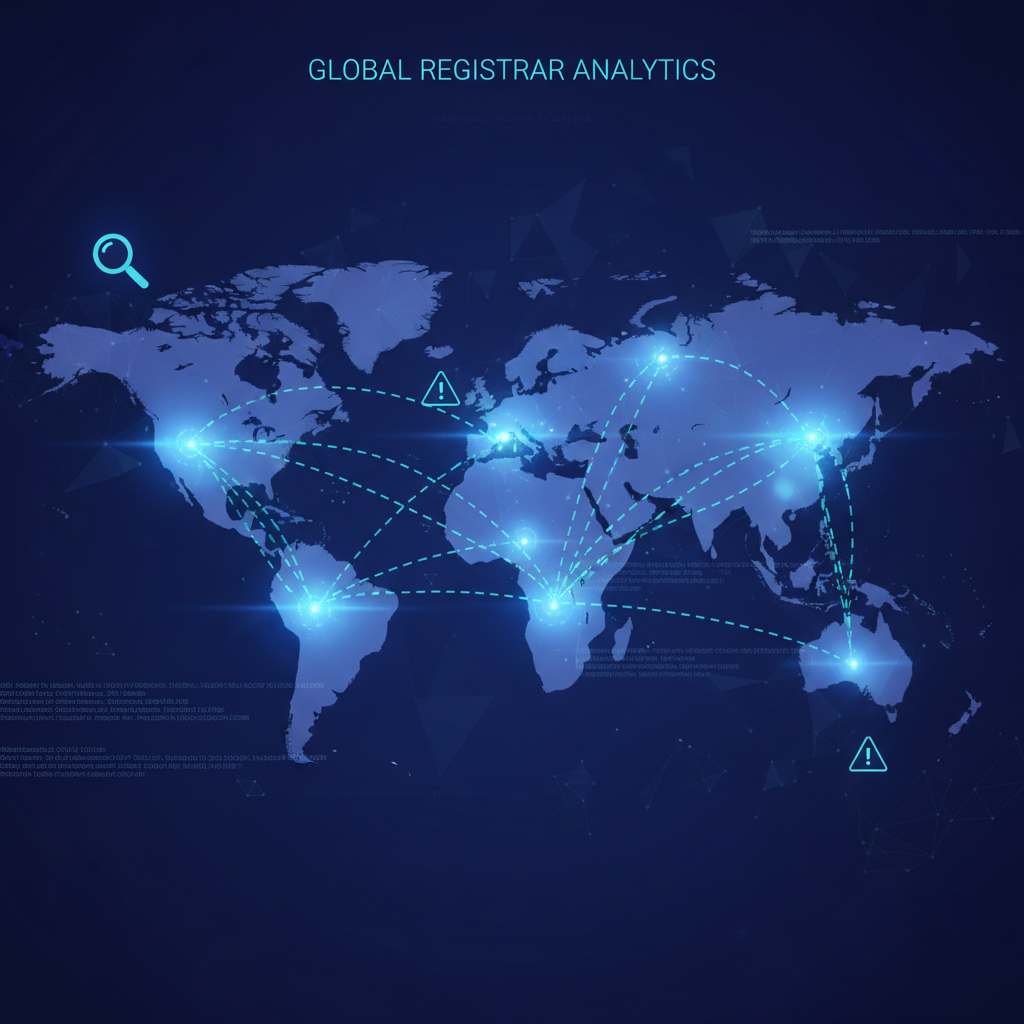WHOIS is a public database and a protocol for querying domain names and IP addresses and plays a vital role in revealing the identifying and website contact information. Popular platforms like Whois.com and Lookup.icann.org allow users to access WHOIS data through a simple query.
By utilizing the WHOIS system, you can ascertain whether a domain name is registered, obtain information about its owner, and access other valuable registration details related to the domain. This service is accessible to anyone through publicly available websites.
The public WHOIS database serves as a repository for contact information of individuals who register specific domain names or modify their DNS settings. Although not a single, centrally-operated domain name registrar, the Internet Corporation for Assigned Names and Numbers (ICANN) oversees the entire WHOIS record database.
The management of this data falls under the responsibility of specific independent entities known as domain registrars or registries. Any organization with ICANN accreditation can offer domain name registration services.
Registrars are obligated to provide public access to WHOIS information for all registered domains, ensuring that everyone can freely utilize the WHOIS lookup protocol to retrieve comprehensive details.
Beyond offering access to relevant information, registries are also entrusted with managing generic top-level domains (gTLDs) such as .com and .org.
What is WHOIS Used for
WHOIS is primarily used to retrieve information about domain names, IP addresses, and autonomous system numbers registered with the Internet Corporation for Assigned Names and Numbers (ICANN) and other regional Internet registries. It serves as a vital tool for individuals, businesses, cybersecurity experts, law enforcement agencies, and researchers to ascertain the ownership and contact details of domain name registrants, network administrators, and entities associated with internet resources.
This information aids in various tasks such as domain name registration inquiries, network troubleshooting, combating cybercrime, ensuring online security, intellectual property enforcement, and maintaining the transparency and accountability of the internet infrastructure.
Importance of WHOIS
WHOIS records play a big role in making the worldwide internet clear. When you use the WHOIS lookup, you get detailed info about each website’s owner. This clarity is important for fighting the spread of fake news, which is a big worry in the digital age.
WHOIS data enables rapid access to critical information about domain names, and the system ensures the accuracy of the WHOIS lookup results through strict regulations:
- Registrants are required to provide accurate personal information during the registration process and update it throughout the domain’s registration period.
- Registrars must maintain precise registration information and contact details until the domain’s expiration date.
- Registrars are obligated to send annual reminders to domain name registrants to update their registration data when necessary.
Necessity of WHOIS
The benefits of WHOIS are evident in its role in upholding an open and democratic internet for all users. Originally functioning as a standard resource directory, WHOIS has evolved into a crucial tool for combating fake news and ensuring the availability of public WHOIS record information.
Moreover, individuals looking to create a new website or start a business can easily check the WHOIS database to determine if their desired domain name is available. Additionally, the WHOIS database can list similar domain names that are still up for registration or help identify active domains with similar names. This information can even aid in negotiating the purchase of a registered domain name.
The WHOIS Database
The WHOIS database contains essential information about a domain, including the registrant’s name, contact details, registrar’s information, name servers, registration dates, expiration dates, estimated domain age, and most recent updates. However, sensitive information, such as the registrant’s name and contact details, can be redacted to protect privacy.
WHOIS Privacy Protection
When registering a domain, providing private and sensitive information is necessary due to ICANN’s Registrar Accreditation Agreement. However, domain privacy can still be ensured through private registration services or proxy services offered by registrars.
In compliance with the General Data Protection Regulation (GDPR) implemented by the European Union, ICANN has implemented a tiered-access system. This system maintains most personal information in private while allowing verified third parties with legitimate interests to access redacted information.
How to Perform a WHOIS Lookup
Performing a WHOIS lookup is a straightforward process that can be done by following these simple steps:
- Visit www.whois.com/whois.
- Type the domain name you want to look up and click Search.
- Scroll down the page to access all available information about the domain and its registrant.
- In conclusion, WHOIS plays a crucial role in the modern internet landscape. Despite the increased privacy measures, WHOIS remains a valuable tool for uncovering the owners of most websites and contacting them when necessary. Armed with the knowledge of how to access information through WHOIS, you now understand the significance of this protocol in our day-to-day online lives.
In addition to manual WHOIS lookups through web interfaces, WHOIS information can also be accessed programmatically using Whois API (Application Programming Interfaces). APIs provide a convenient way for developers to integrate WHOIS queries directly into their applications or systems. By utilizing WHOIS APIs, developers can automate the retrieval of WHOIS data for domain names and IP addresses, making it easier to process large volumes of information efficiently. These APIs typically return structured data in a machine-readable format, such as JSON or XML, enabling seamless integration with various applications, domain management tools, or cybersecurity services. The availability of WHOIS APIs enhances the accessibility and utility of WHOIS data, empowering developers to build innovative solutions and perform real-time domain-related operations with ease.
In conclusion, WHOIS plays a crucial role in the modern internet landscape. Despite the increased privacy measures, WHOIS remains a valuable tool for uncovering the owners of most websites and contacting them when necessary. Armed with the knowledge of how to access information through WHOIS, you now understand the significance of this protocol in our day-to-day online lives.



